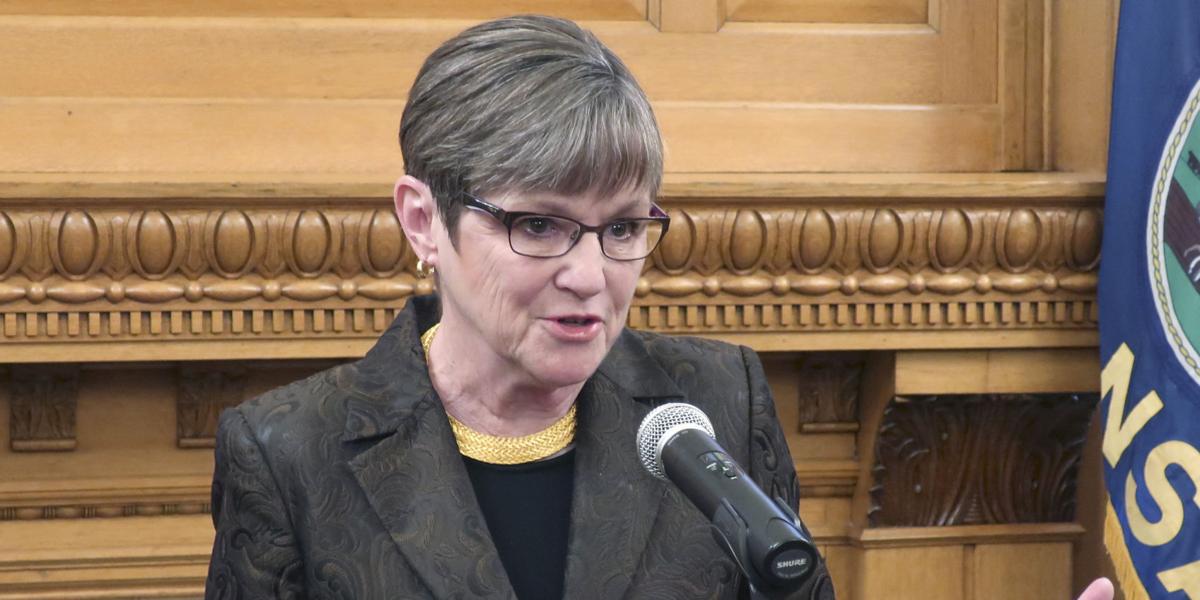
Washington, D.C., March 29 – Amid a trend of nationwide job growth for people with disabilities, Kansas is outperforming far bigger states like California and Texas. According a new report by the nonpartisan advocacy group RespectAbility, the Sunflower State now ranks 7th in the nation for employment of people with disabilities, with 4,807 people with disabilities entering the workforce.
According to the newly published 2018 Annual Disability Statistics Compendium, Kansas currently has an employment rate of 46.4 percent for its citizens with disabilities. Out of 191,769 working-age (18-64) Kansans with disabilities, 89,069 have jobs. Kansas increased their employment rate from 44.7 percent to 46.4 percent and moved from 9th in the nation to 7th in just one year.
Kansas’ newly elected Governor, Laura Kelly, has already signaled a serious commitment to advancing opportunities for the disability community in Kansas. During the 2018 election cycle, Kelly completed RespectAbility’s nonpartisan disabilities questionnaire. In her response, she wrote that “I’m running for governor so that every Kansan – no matter who they are or where they live – can have the same opportunities to succeed. That will mean reducing the stigma against people with disabilities and ensuring they have the tools needed to be productive members of the workforce.
Kelly added, “I will continue to fight for equality for all and reduce misconceptions about people with disabilities to they can gain employment and independence.”
“Our nation was founded on the principle that anyone who works hard should be able to get ahead in life,” said Hon. Steve Bartlett, current Chairman of RespectAbility, who co-authored the Americans with Disabilities Act when he was in Congress. “People with disabilities deserve the opportunity to earn an income and achieve independence, just like anyone else.”
A National Issue
Beyond Kansas, how is the workforce changing for people with disabilities? What is driving these changes? The answer is simple. According to Vincenzo Piscopo of the Coca-Cola Company: “People with disabilities bring a unique skill set that it is very valuable for companies.” He went on to add, “As it relates to employment and competitiveness in the workplace, we have to stop thinking of disability as a liability and start thinking of it as an asset.”
Brand-name companies such as JP Morgan Chase, Coca-Cola, Ernst & Young, IBM, Walgreens, Starbucks, CVS and Microsoft show people with disabilities are successful employees. These companies also know that these workers improve the bottom line. “People with disabilities bring unique characteristics and talents to the workplace,” said RespectAbility President Jennifer Laszlo Mizrahi. “Hiring people with disabilities is a win-win-win for employers, people with disabilities and consumers alike.”
As more companies hire employees with disabilities, conversations are shifting to focus on inclusion. “Disability inclusion is no longer about automatic doors, curb cuts, ramps, and legislation,” says Jim Sinocchi, Head of the Office of Disability Inclusion at JP Morgan Chase. “Today, the new era of disability inclusion is about “assimilation” – hiring professionals with disabilities into the robust culture of the firm.”
According to the Census Bureau, there are more than 56 million Americans living with a disability. Disabilities include visible conditions such as spinal cord injuries, visual impairments or hearing loss and invisible disabilities such as learning disabilities, mental health or Autism.
An Election Issue
Voter research, conducted by RespectAbility, shows how disability issues connect to all aspects of American life. “Fully three-quarters of likely voters either have a disability themselves or have a family member or a close friend with disabilities,” said former Representative and Dallas Mayor Steve Bartlett. “People with disabilities are politically active swing voters, and candidates should take note of the important issues they care about.”
As 2019 moves into 2020 and the political campaign season heats up, continuing job growth for people with disabilities will be a crucial indicator of the health of the American economy.

Be First to Comment